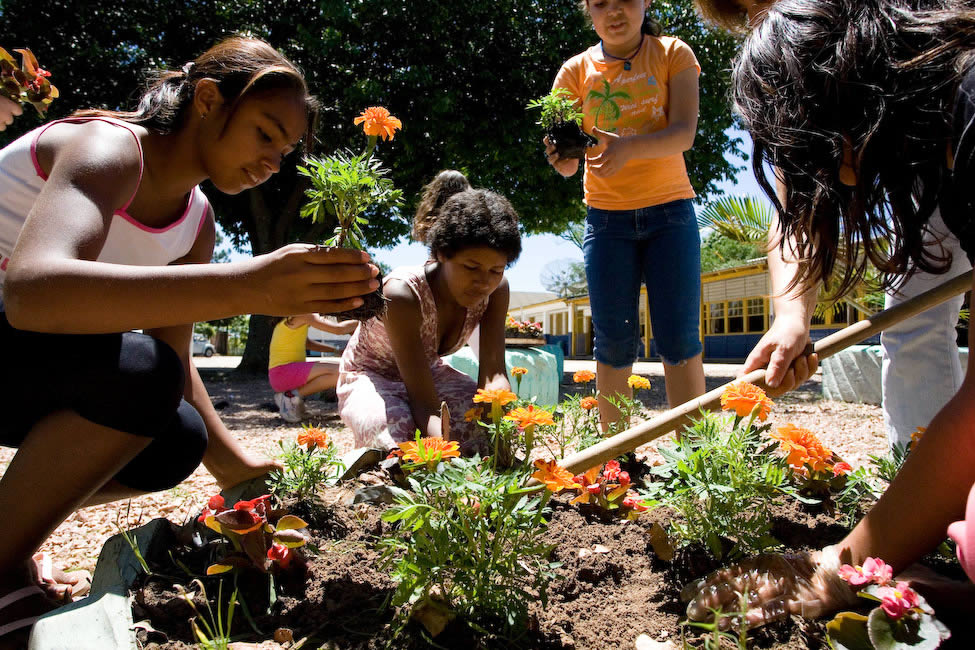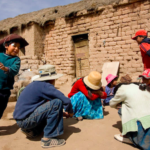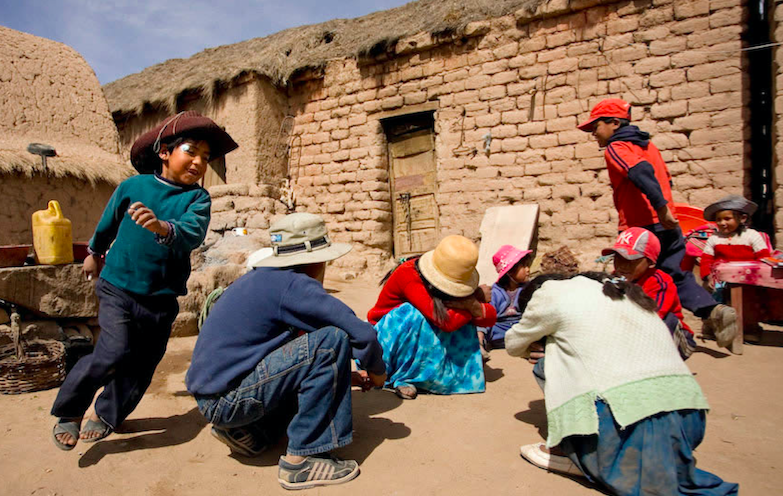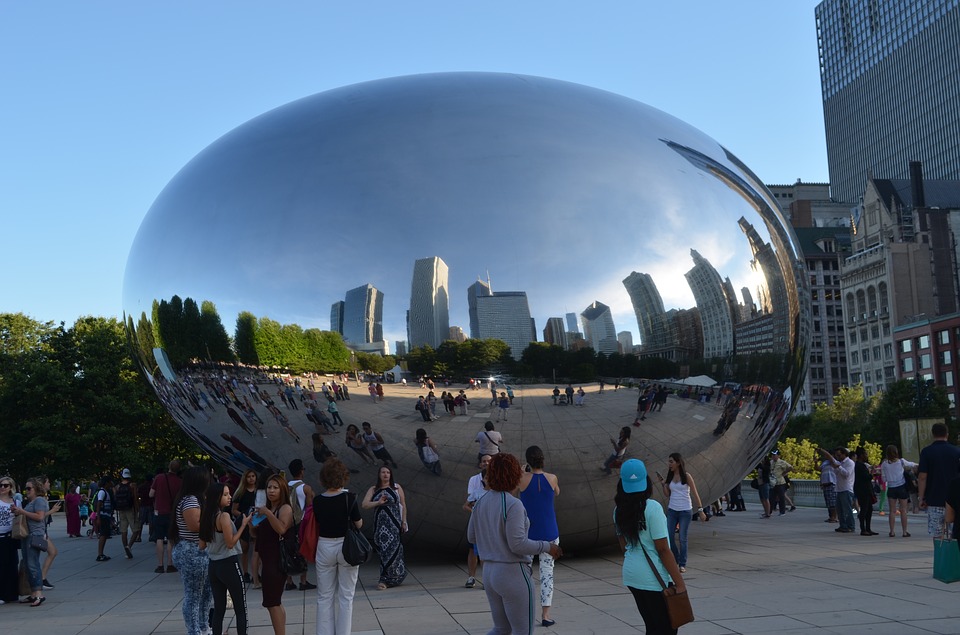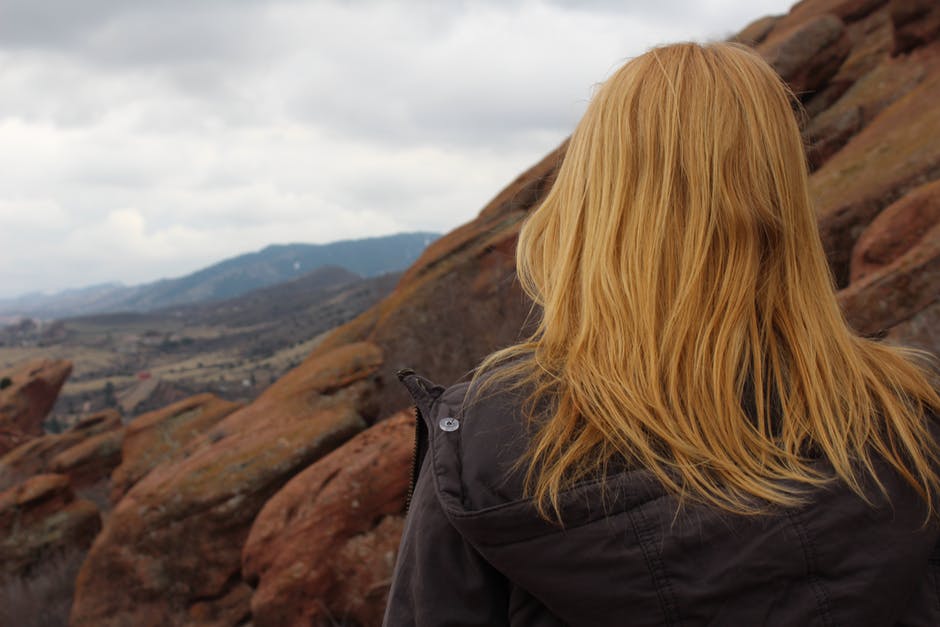
The Individual in the Era of Human Maturity

As foreshadowed in yesterday’s article – Baha’u’llah’s teachings carry implications for the role of the individual. Indeed Baha’u’llah’s teachings empower the individual as an active participant in religious and social life. In his will and testament Baha’u’llah defines our time as follows:
Great and blessed is this Day—the Day in which all that lay latent in man hath been and will be made manifest.
As we have noted Baha’u’llah does not provide for any kind of clergy. Historical practices elevating an individual leader and fostering individual power over indviduals and comunities are also removed. Baha’u’llah thus prohibits the kissing of hands.[1] He prohibits seeking forgiveness from another human beings.[2] He abolishes the use of pulpits.[3] Baha’u’llah broadly abolishes congregational prayer – (a potential focus for individual power over others).[4] The power to perform a marriage ceremony is conferred on the couple themselves – who sanctify their marriage by each reciting a verse. No religious institution performs the marriage.[5] All of these remove ways in which power has been exercised over individuals.
Abdu’l Baha continued this direction in elements such as the design of Houses of Worship, which are nine sided. There is no natural “front” at which a “leader” stands before a congregation to lead prayer.
The removal of elements such as the above has deep implications for the role of the individual. The individual is no longer a passive congregational member – expected to sit and receive instruction from an individual religious leader. The individual is rather an active citizen – who participates in a variety of ways – not least as a participant in Baha’i elections, and as an active contributor to community consultation in forums such as the Baha’i Feast and regular reflection meetings. Baha’i institutions are moreover obliged to consult with individual members of the community.
The duties of those whom the friends have freely and conscientiously elected as their representatives are no less vital and binding than the obligations of those who have chosen them. Their function is not to dictate, but to consult, and consult not only among themselves, but as much as possible with the friends whom they represent. … They should never be led to suppose that they are the central ornaments of the body of the Cause, intrinsically superior to others in capacity or merit, and sole promoters of its teachings and principles. They should approach their task with extreme humility, and endeavor, by their open-mindedness, their high sense of justice and duty, their candor, their modesty, their entire devotion to the welfare and interests of the friends, the Cause, and humanity, to win, not only the confidence and the genuine support and respect of those whom they serve, but also their esteem and real affection.[6]
The role of the individual is also reflected in Baha’u’llah’s definition of the goal of that role. It is the same goal that he recommends to both secular and religious institutions. The individual is not just concerned with their own spiritual or material welfare – rather the individual has a responsibility to foster the well-being of humankind as a whole.
O people of God! Do not busy yourselves in your own concerns; let your thoughts be fixed upon that which will rehabilitate the fortunes of mankind and sanctify the hearts and souls of men.[7]
The role of the individual is thus given expression in statements such as the following by the Universal House of Justice:
The power to act, … resides primarily in the entire body of the believers. This power is unlocked at the level of individual initiative and at the level of collective volition.[8]
Baha’u’llah not only brings spiritual teachings – he provides a body of teaching that frame an entire way of life. Religious institutions do not have a primary duty to enforce that way of life – rather the individual themselves is primarily responsible for their own conduct.
The duty to obey the laws brought by Bahá’u’lláh for a new age, then, rests primarily on the individual believer. It lies at the heart of the relationship of the lover and the Beloved; “Observe My commandments, for the love of My beauty,” is Bahá’u’lláh’s exhortation.[9]
The Universal House of Justice further outlines the role of the individual in guidance to the community such as the following:
The role of the individual is of unique importance in the work of the Cause. It is the individual who manifests the vitality of faith upon which the success of the teaching work and the development of the community depend. Bahá’u’lláh’s command to each believer to teach His Faith confers an inescapable responsibility which cannot be transferred to, or assumed by, any institution of the Cause. The individual alone can exercise those capacities which include the ability to take initiative, to seize opportunities, to form friendships, to interact personally with others, to build relationships, to win the cooperation of others in common service to the Faith and society, and to convert into action the decisions made by consultative bodies.[10]
These changes are profound, and as in the case of the radically new religious institutions Baha’u’llah establishes, they raise questions about the nature of community life. What does religious community life look like in the age of human maturity? And what relationship frames individual, community and institution? These questions will be explored in following articles.
(This article is the 66th in a series of what I hope will be 200 articles in 200 days for the 200th anniversary of the birth of Bahá’u’lláh. The anniversary is being celebrated around the world on 21 and 22 October 2017, The articles are simply my personal reflections on Bahá’u’lláh’s life and work. Any errors or inadequacies in these articles are solely my responsibility.)
